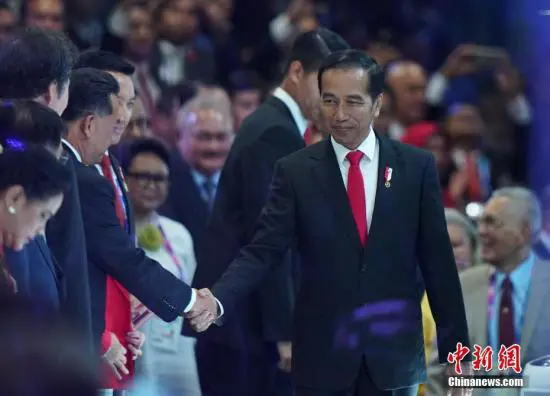For 92 years the London Schools Cricket Association has been a grand, slightly rickety sporting charity, its mission to promote cricket in the London area and bring the game to those outside an increasingly narrow county system.
Unlike quite a few good ideas, this one actually works. Two of England’s last three all-format captains, Alastair Cook and Eoin Morgan, played for London Schools. Denis Compton played for London Schools. As did Bobby Moore and Geoff Hurst, although only Hurst ever made it into county cricket, the hammer of West Germany famously scoring 0 and 0 not out in his only match for Essex.
Mike Selvey, a London Schools product, bowls for England against West Indies at Old Trafford in 1976. The former Guardian cricket correspondent is now the new president of the charity. Photograph: Ken Kelly/Popperfoto/Popperfoto/Getty Images
The list goes on. One of English cricket’s great friendships, the John Emburey‑Graham Gooch axis of the 1980s, a kind of white-flannel Charles and Sebastian of its time, was forged on a London Schools tour of Zambia and Kenya. Mike Selvey, once of Middlesex, England and these pages, got his first real step-up on an LSCA tour of India, where he opened the bowling to a teenaged Sunil Gavaskar.
To this day hundreds of London kids train all winter and spend summers playing against minor and major counties, in the process bringing what was once the national summer sport into places from which it has now retreated. The England and Wales Cricket Board has just spent a great deal of money on Lord Patel’s consultation into “engaging with the south Asian community”. London Schools continues to do this as a matter of course. This is a place where cricket is vibrantly alive.
Which is a good thing too because for a while last year the LSCA looked on the verge of winking out of existence altogether. It has been a deeply troubled 14 months, beginning with the news that a previous LSCA committee had employed Wasim Aslam – formerly known as Wasim Majid and a convicted child sex offender – as fixtures secretary.
The Guardian subsequently reported this had taken place with the written approval of the ECB’s then-welfare officers, on the condition the individual concerned had no contact with children. This never made much sense given the LSCA is concerned solely with children’s cricket. In the event the individual concerned ended up attending LSCA festivals as an organiser, an appalling misjudgment. The backlash was entirely deserved.
So London Schools entered a netherworld. Various counties turned their backs. The ECB eventually withdrew its endorsement, advising counties not to engage with the LSCA at all. At which point that was pretty much that. To all intents and purposes the alma mater of Cook, Gooch, Compton, Hurst, Moore and Godleman was frozen in carbonite, defunct, a pariah organisation.
Fast forward six months and the picture has changed. A group of concerned individuals, some former LSCA players, most with children who play in the system, have intervened. At the end of a lengthy and at times difficult process every position of authority in the organisation has been scoured out.
So enter the new guard. Selvey has agreed to stand as the new president. Paul Weekes, also former LSCA and Middlesex, will act as an ambassador for the coaching department. The author of this article is on the new LSCA committee as communications officer.
The ECB has been stern but supportive. The chairman, Tom Harrison, has followed the process at arm’s length. Towards Christmas the dam finally broke with a new instruction that the ECB would now support full engagement with LSCA under the new regime.
“I am very pleased to report that LSCA have undertaken wholesale reform of their management and government functions,” Harrison, wrote in an email to the counties. “I am now writing to you to rescind the previous concerns and I hope that you will now be able to resurrect your previous positive relationships with LSCA.”
For London Schools, and for the hundreds of kids who get exposure to high-level cricket through the system, it is both a huge relief and, in effect, a moment of resurrection. In the words of Selvey: “The ECB has been very thorough, quite rightly, in demanding complete change, both in personnel and procedure. As aformer London Schools player I am delighted to come in to the new organisation and see this in action. London Schools is all about giving city kids access to a high standard of cricket. With the ECB’s help we can now get back to focusing on just that.”
This is of course a timely topic generally. The latest TV rights deal has shored up the money sloshing around the elite but the ECB is right to be concerned about shrinking participation, a narrowing demographic and the dying away of the game in schools. Twenty-five years ago England fielded a World Cup final team with two players, Chris Lewis and Phil DeFreitas, from the same London comprehensive. This could not happen now. It is not a London issue: the sport is invisible in many urban areas.
London Schools and organisations like it everywhere have a role to play in fighting against this drift. If the LSCA owes a debt of gratitude to the ECB for its survival, just carrying out its normal duties should repay this several times over.
(GUARDIAN)
 简体中文
简体中文

